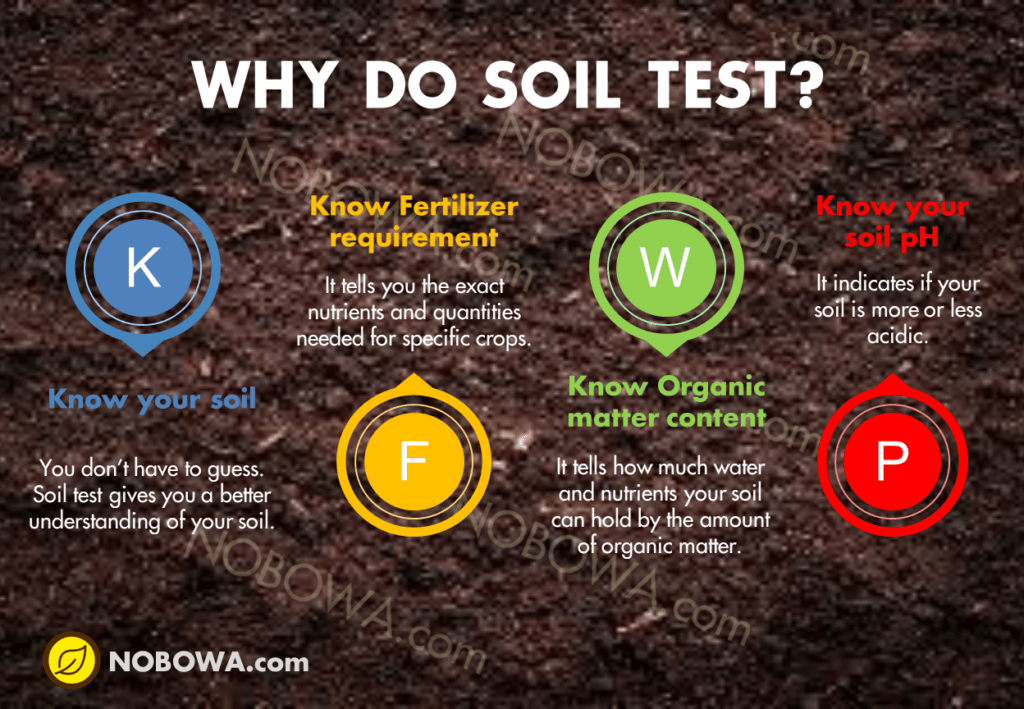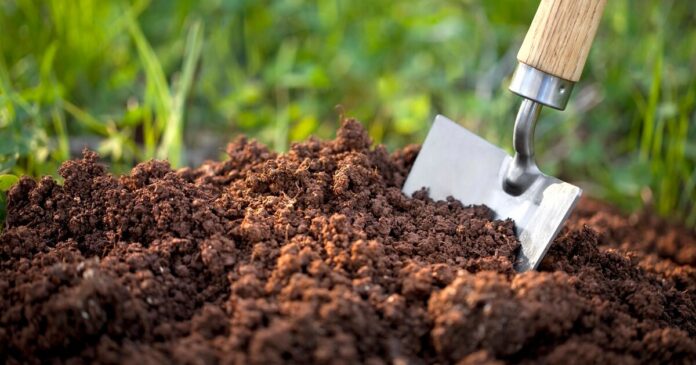When it comes to increase yield in crops, we often talk about a generalized solution of applying more fertilizers, when a simple chemical soil test can localize the issue and present the specific solution for yield increase in specific fields.
Moreover, fertilizers cost so much. Though, proper use of fertilizers will help to maximize marketable yields whereas excessive use may be harmful to the environment. A good soil test is a valuable tool to determine efficient and economic crop production for individual fields.

Read also: Types of Inorganic or Synthetic Fertilizers and Their Characteristics
Why chemical soil test?
A soil test will help you assess the fertility of your land. This assessment helps determine the amount and type of fertilizer and/or limestone that must be applied to obtain the maximum yield.
A soil test can help you solve problems like;
- Low yields due to lack of fertility
- Acidic soils
- Identification of appropriate fertilizer mixes
- Excessive fertilizer application
A soil test will help you…
Understand your soil
As a farmer, the first thing you need to understand is your soil. As a saying goes “look at your fields like a bank account, and a soil test as the statement“. What you do is take nutrients from the soil without putting enough back. This will be a problem eventually. How do you even get to know how much nutrients have been taken from the soil to know how much to put back? With a soil test, you don’t have to stress guessing.
Know the exact fertilizer and amounts required
Once you have a handle on nutrient levels, it’s important to apply fertilizer based on targeted yields. This starts with the macro-nutrients (N, P, K, S), of course, but don’t forget to look at your micro-nutrients and monitor their levels as well. Depending on a field’s history or crop rotation, one or more micro-nutrients can get depleted, like sulphur, manganese or copper.
Know how much water and nutrients your soil can hold
Organic matter is also very important for your soil. It is an important source of nutrients. It also contributes to the water and nutrient holding- capacity of your soil.
Moreover, through mineralization, organic matter releases nutrients and makes them available for uptake by plants.
Know your soil pH
The soil pH number is a way of telling if your soil is more or less acidic. Why is this important? Certain nutrients are not available to the plant under acidic soil conditions. For example, in a higher pH soil, 7.9, phosphorous is going to become much less available to crops roots than a soil that is 6.8 pH.
How to do a chemical soil test
As a farmer, you don’t have to bother so much about this, since most of the job will be done by the technicians in the lab. However, to get yourself familiar with the process, let us look at the various steps.
- Soil sampling
- Chemical and physical analysis
- Correlation and calibration of results
- Fertilizer recommendation
Most of this test is done at the laboratory.
Where to do a soil test
You can have your soils tested and analyzed in any credible Soil Research Laboratory for a very low fee. Soil test averagely is inexpensive.
You may want to contact us to help you with your soil test. Feel free.
A soil test properly analyzed might be the best investment you make all year.
Is your field not giving good yields? Test your soil.


